One of the more important reasons for the formation of Pakistan was the need for a separate religious identity for the Muslims of the Sub-continent. Islam was hence declared the state religion in 1973. This was considered a logical move as 95- 97 percent of the population is Muslim, and there was a need to counter the otherwise secular nature of the constitution.
Pakistan had a brief flirtation with religion when it attempted to introduce Islamic radicalism into the state affairs in the era of Zia-ul-Haq. The residual adverse effects of this endeavor can still be seen in the applications of the blasphemy laws and Hudood ordinance.
There is no doubt that Pakistan once became a center of radical Islamist ideas and groups; mainly because of its policies toward India and Afghanistan. Although Pakistan has now wholeheartedly joined hands with the U.S. in the war on terror, for the western powers it was not always this easy to determine whether Pakistan is a friend or a foe when it comes to religious extremism. This is because Pakistan once backed the Islamist militant troops fighting the Indian rule in the disputed regions of Jammu and Kashmir; and pockets of radical thought still exist in the country.
Following the September 11 attacks, however, there was a desperate need to distant the country from all things fundamentalist. The co-operation of Pakistan’s then-president, General Pervez Musharraf, led to the capture of Al Qaeda members. Since then, the country has been more than ready to give up any ties with radical Islam, and seeks to repaint itself in the most liberal of colors. Even if it is only to win more favor with the rest of the world.
The government today is too busy resolving the internal issues of the country and trying to provide the basic necessities of life to its people and simply does not have the time to dabble in theological affairs. However, sectarian conflict and persecution of minorities and Ahmedi’s are still common issues the state has yet to fully address.
Student Islamic groups exist, which consist of the student wing of the Jamaat-i-Islami (JI), the Islami Jamiat-i-Tuleba (IJT), the Anjuman-i-Tuleba Islam (ATI), Jamiat-i-i Tuleba Islam (JTI), the Jamiat Ulema Islam (JUI), and the Imamia Students Organization (ISO). These are all driven by the political ideals of Islamic fundamentalism.
As far as Islamic traditions and rituals are concerned, Pakistan portrays itself to be the perfect Islamic State. Eid-ul-Azha and Eid-ul-Fitr are celebrated with utmost fervor, the month of Ramadan is dedicated to fasts and public eating is punishable by law, there are 124,000 registered mosques in the country with an equal number of unregistered ones, and the number of madrassas and children learning the Quran by heart (Hifz) are impossible to even count.
To say that the state of the “Islamic” Republic of Pakistan is deeply confused with regards to religion would be an understatement.

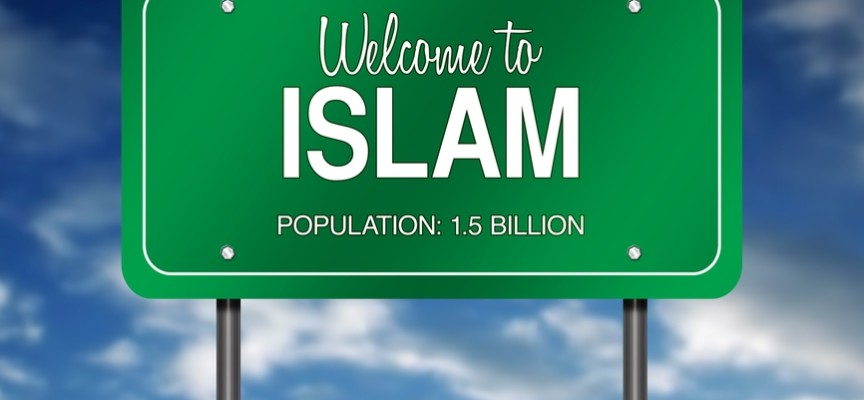

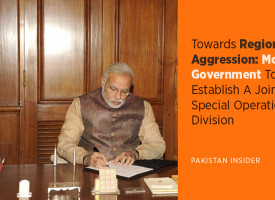
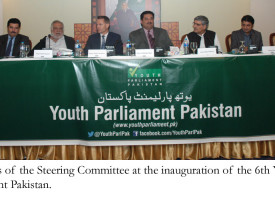
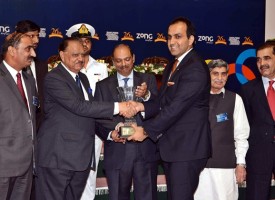
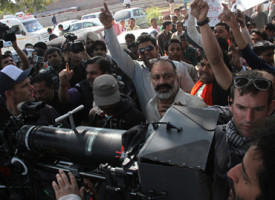
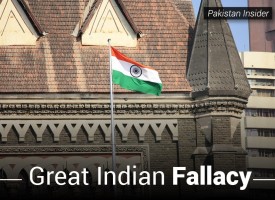
Pakistan was created in the name of Islam . Without Islam there is no Pakistan. “Those” whom you are trying to please by writing this filth consider you and your kind nothing more than that piece of shit that clings to your shoes and is unavoidable but you are extremely disgusted by it and remove it the first chance you get